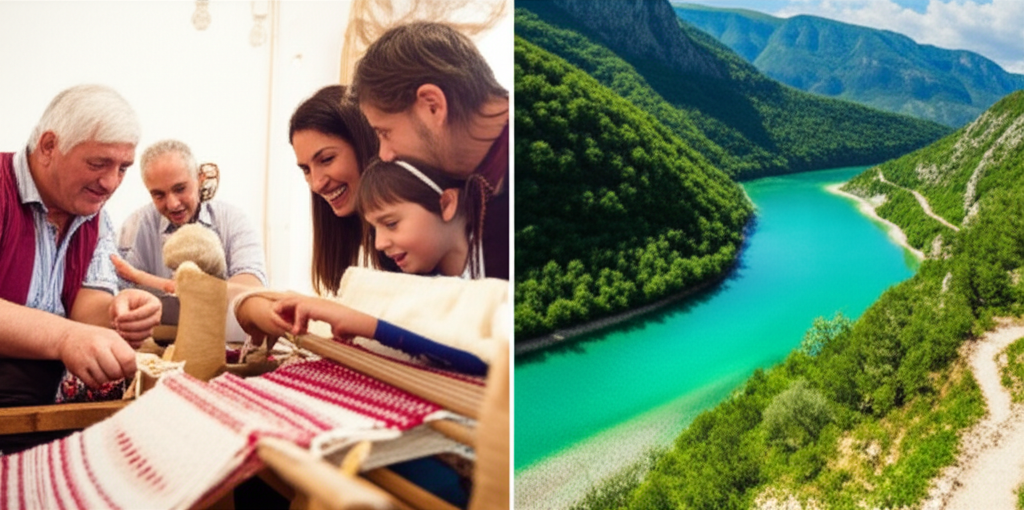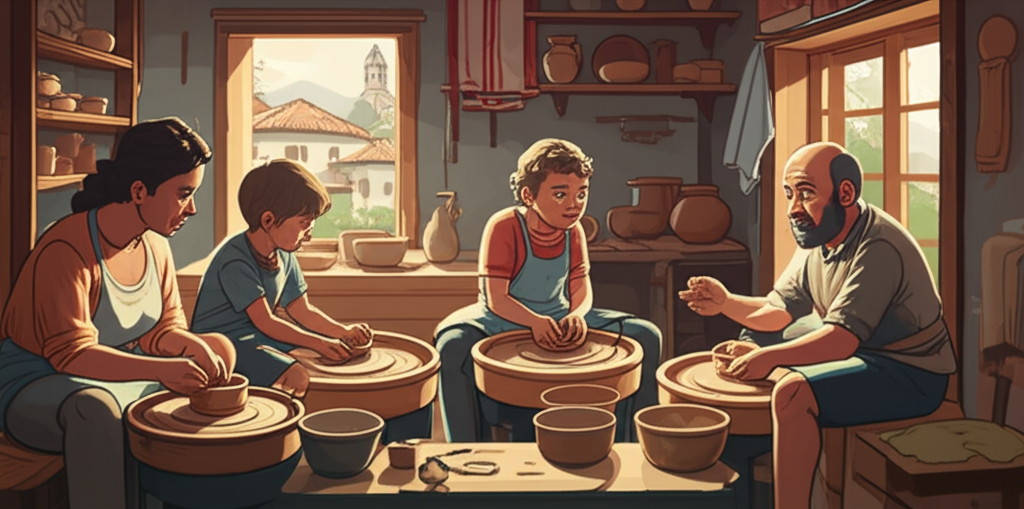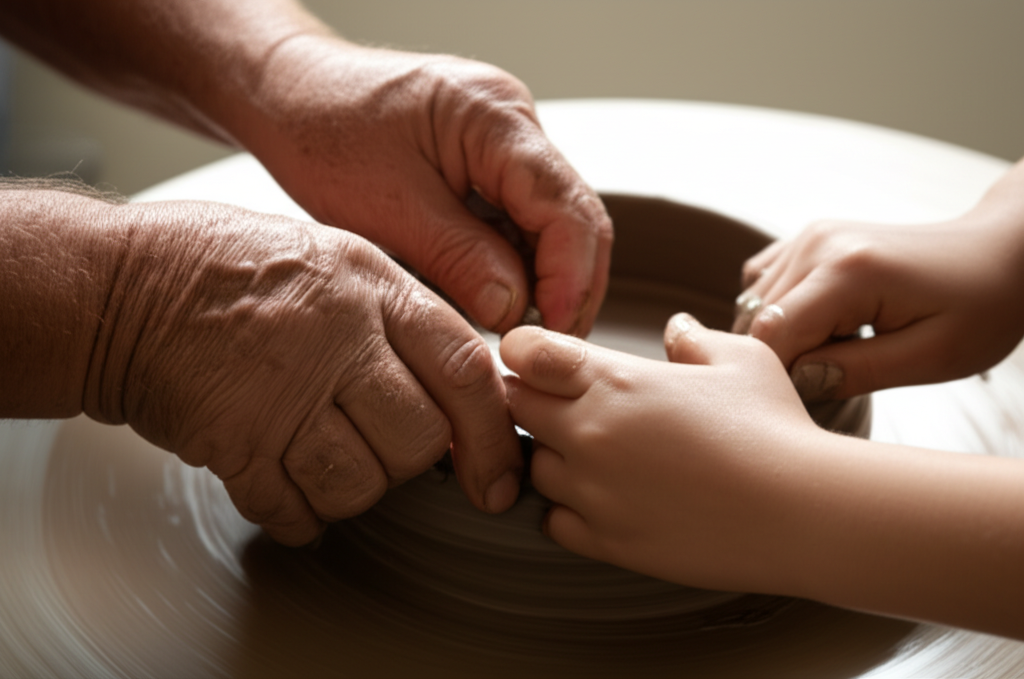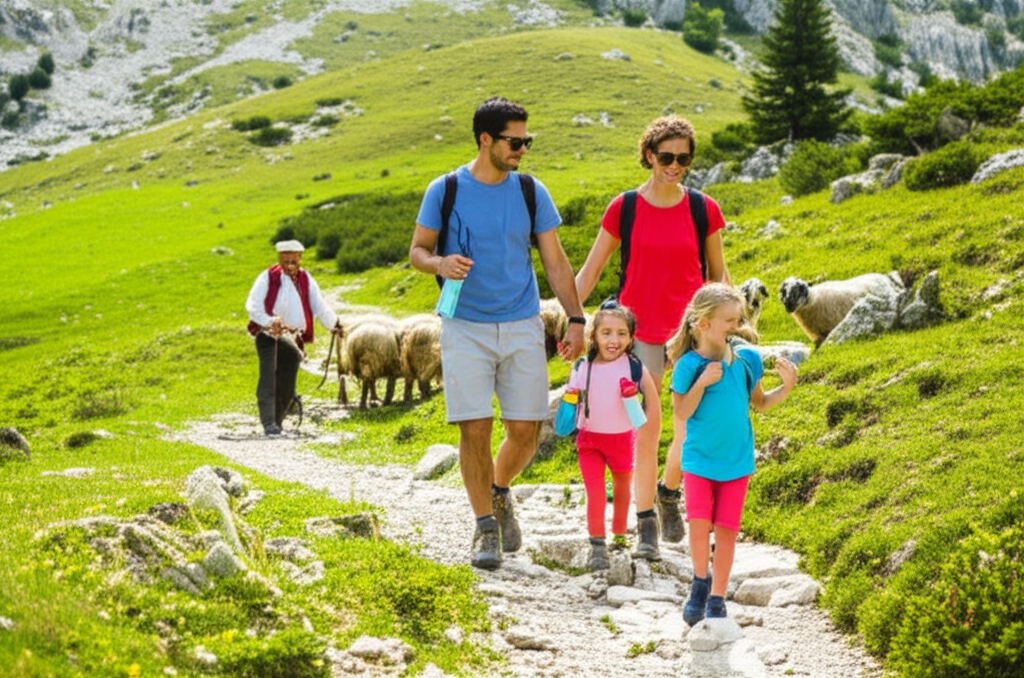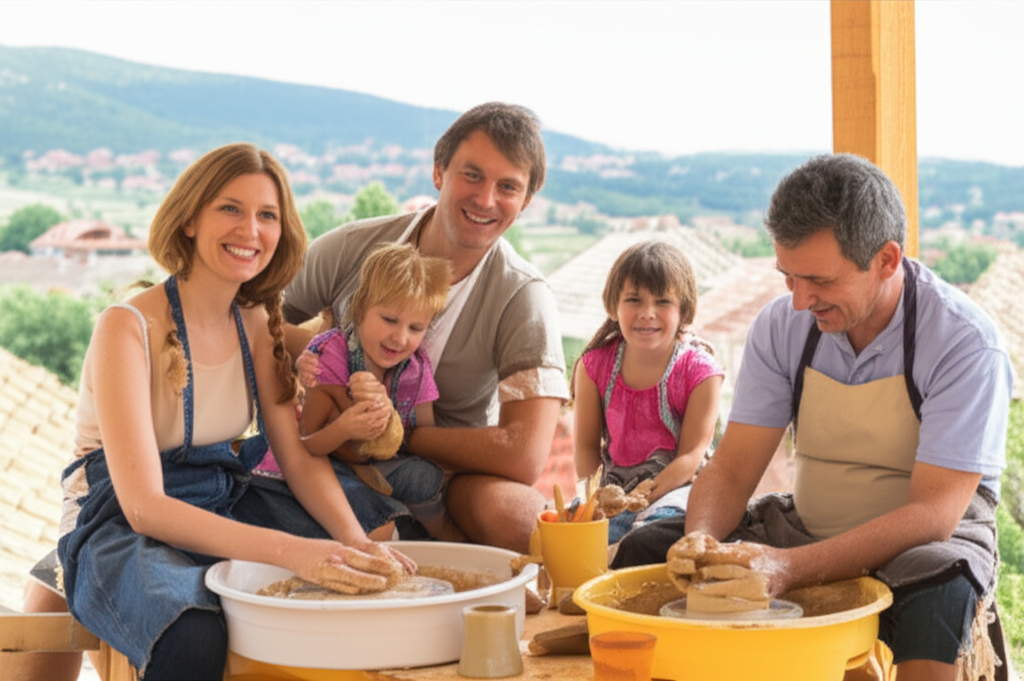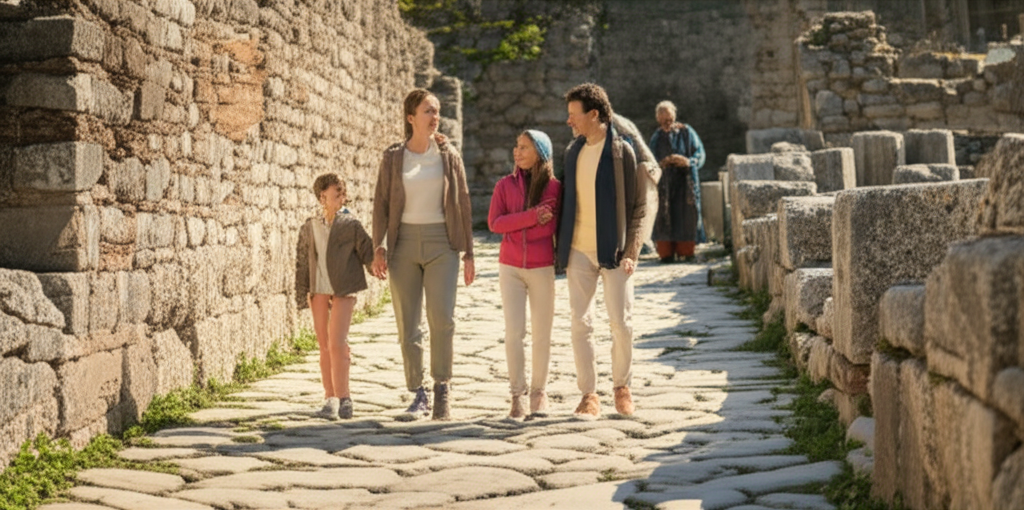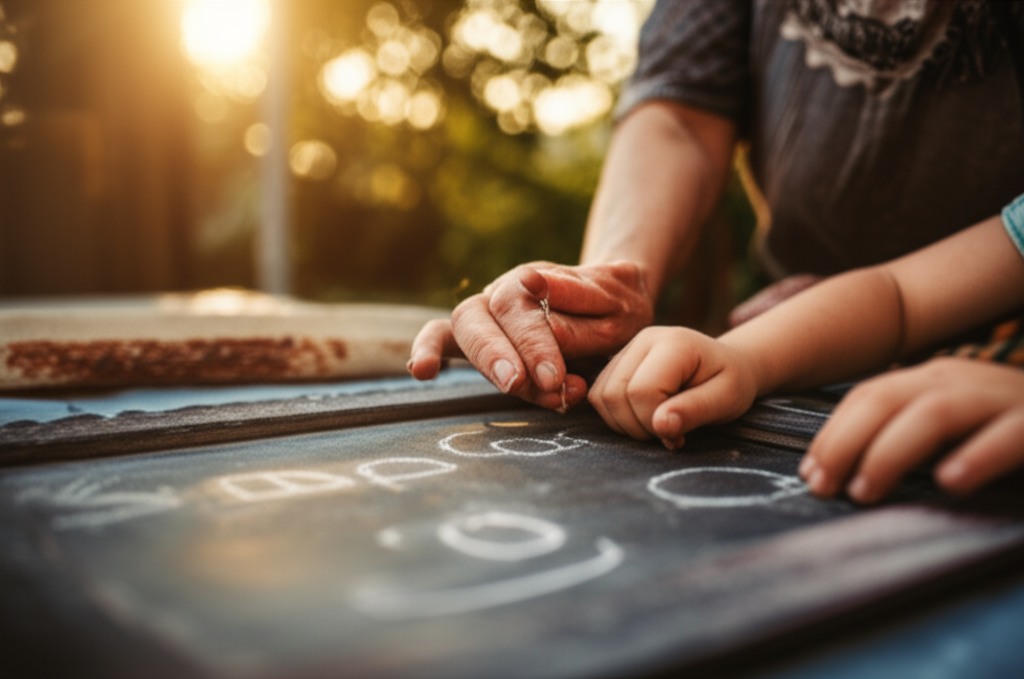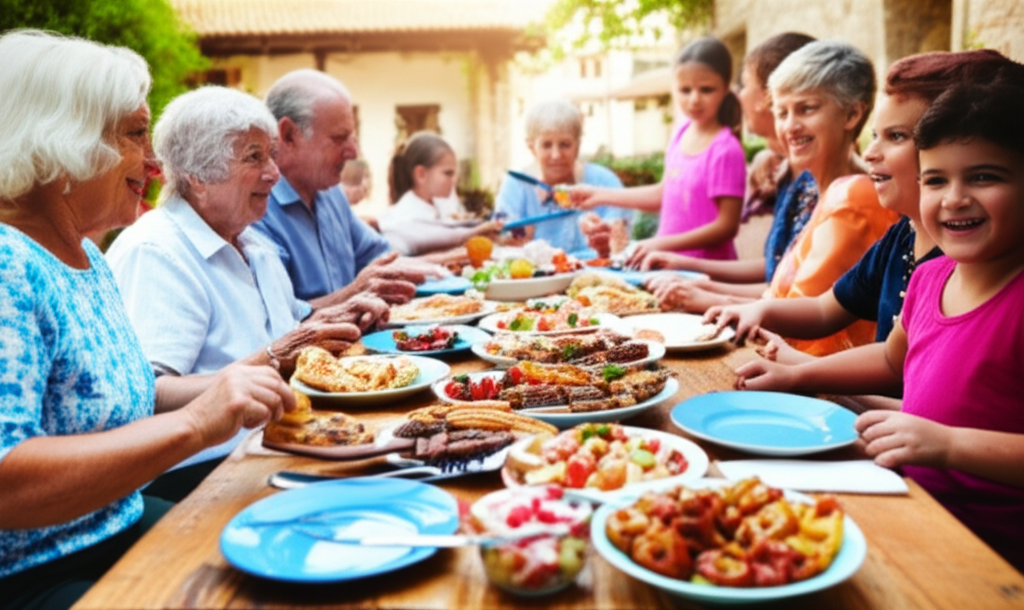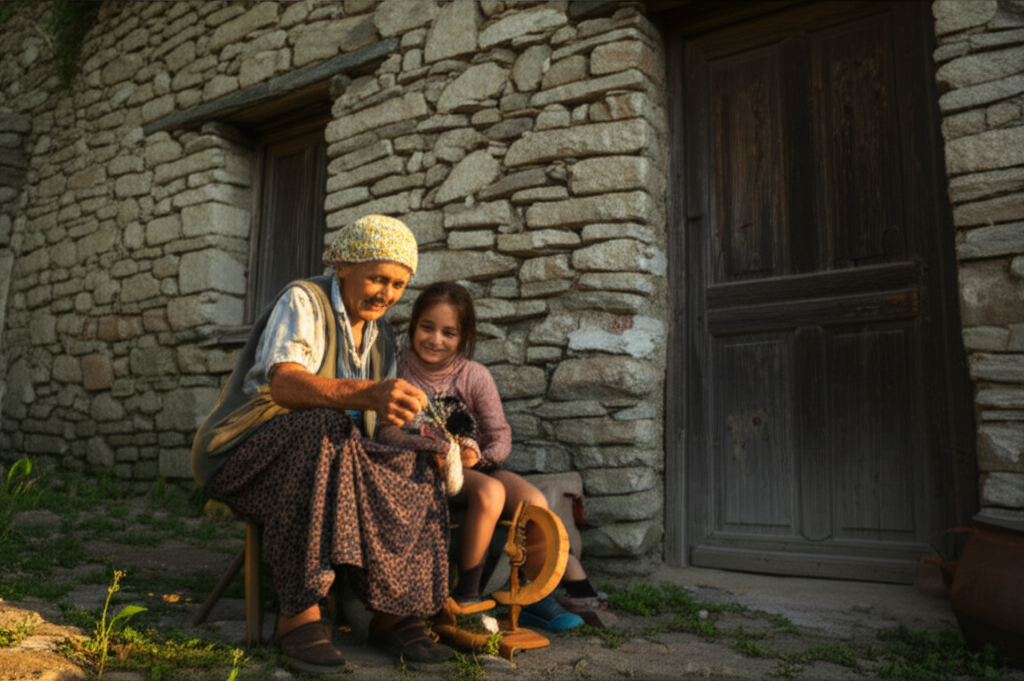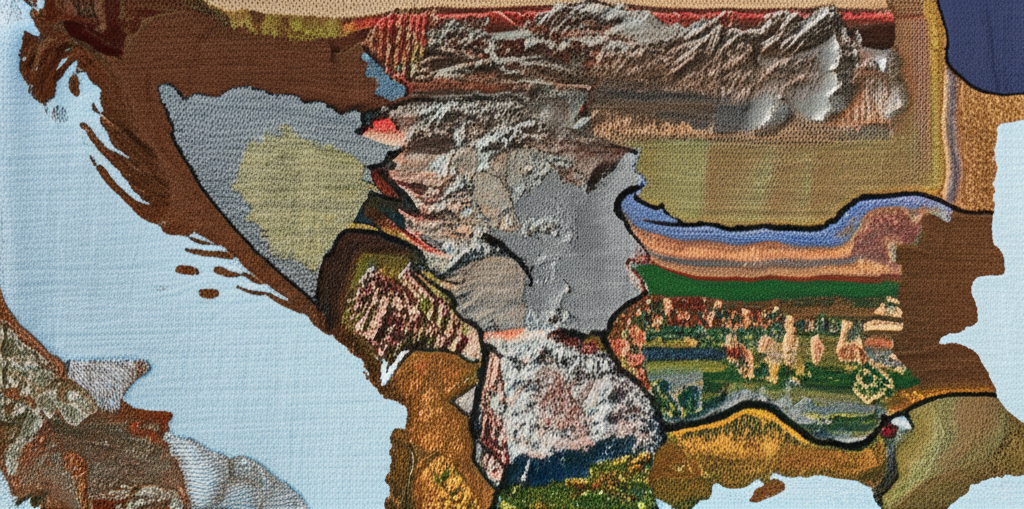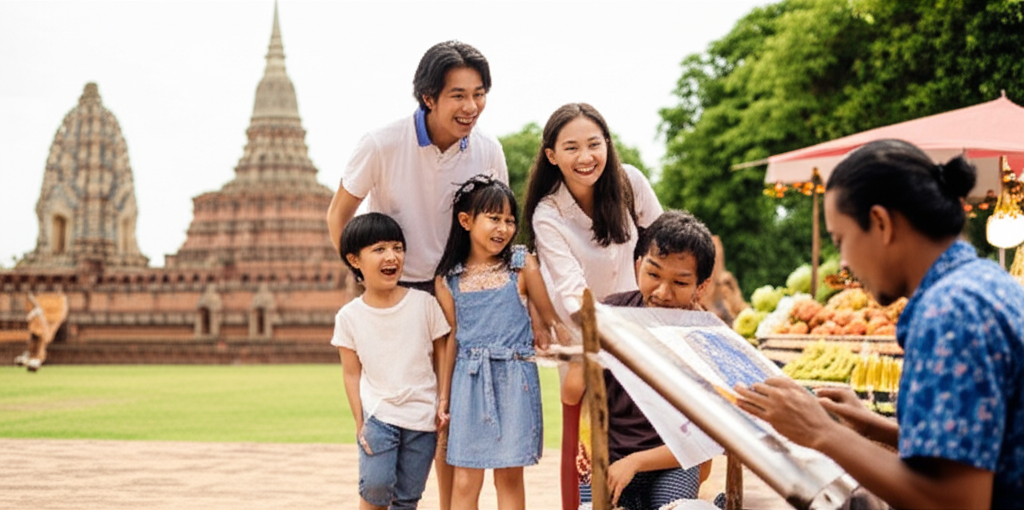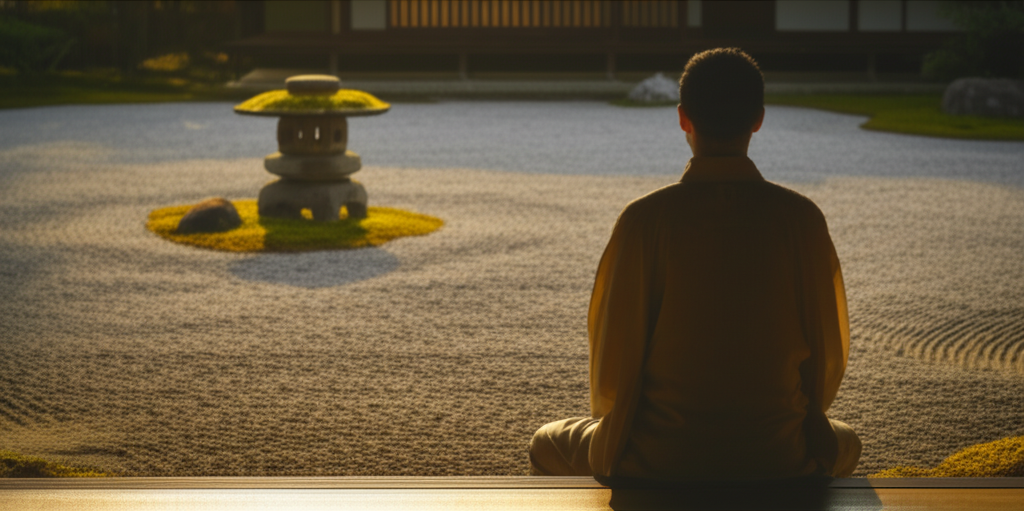Alright, fellow Balkan explorers! Let's dive into one of the most rewarding experiences you can have on this incredible peninsula: sharing a meal with a local family. Forget sterile restaurants for a while. This is about truly connecting with the heart of Balkan culture.
Savoring Traditional Balkan Cuisine with Local Families
Food is deeply woven into the fabric of Balkan society. It's more than just sustenance; it’s a celebration of life, family, and heritage. Sharing a meal with a local family is an intimate window into their world, offering a glimpse into traditions passed down through generations.
But how do you arrange such an experience? Honesty, careful planning, and a respectful attitude are key. Start by reaching out to guesthouses, smaller hotels, or community organizations in the area. They often have connections with local families willing to open their homes (and kitchens!) to travelers.
When planning, be sure to inquire about the specific cuisine you'll be experiencing. Every region, and even every family, has its own unique specialties and recipes. This is a perfect opportunity to learn about the history and ingredients behind those delicious dishes!
Beyond the incredible food, these meals are about connection. Expect lively conversation, lots of laughter (even if there's a language barrier!), and a warmth that's unmatched. Be prepared to answer questions about your own life and culture, too!
Most importantly, remember you are a guest. Show respect for their traditions and customs. Offer to help with small tasks, like setting the table or clearing dishes. A small gift of appreciation, such as a local treat from your own region, is always a thoughtful gesture.
Ultimately, sharing a meal with a Balkan family is an enriching experience that goes beyond the culinary. It’s an opportunity to create genuine connections, learn about local culture, and support communities in a meaningful way. It's a memory you'll treasure long after you leave!
